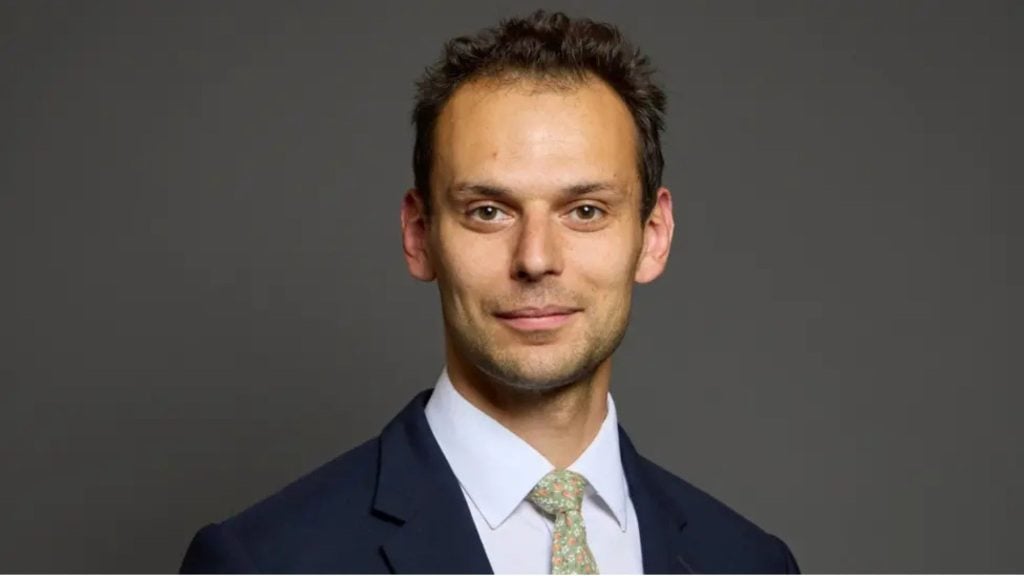
A UK Labour Minister Just Resigned Over a Secret Plot to Silence Journalists Using a Spy Agency
Simons was accused of running a thinktank dedicated to fighting “disinformation,” then used a government intelligence body to spread it.

Simons was accused of running a thinktank dedicated to fighting “disinformation,” then used a government intelligence body to spread it.
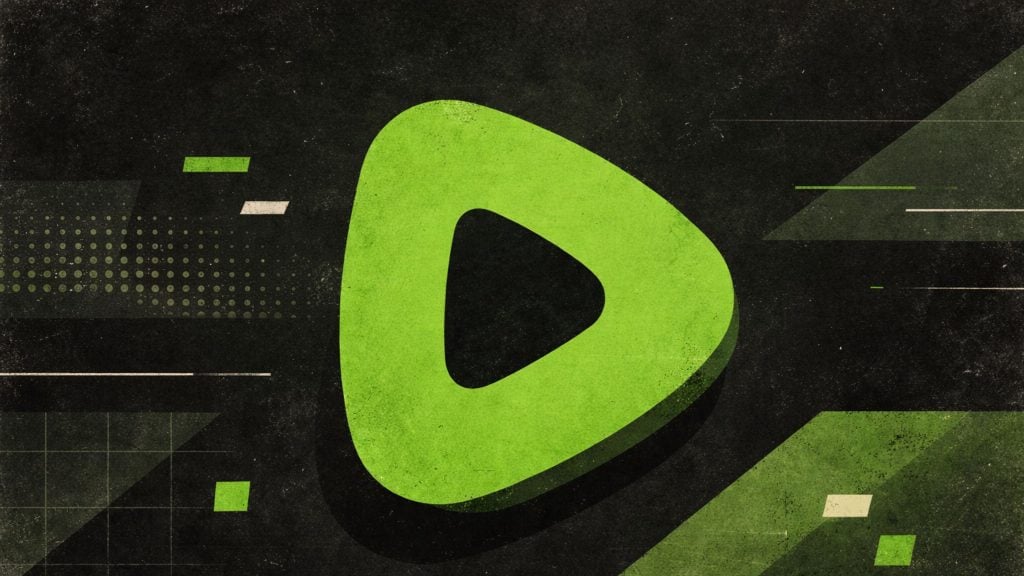
The launch puts a swipeable, short-form feed on every major platform just as TikTok’s year of turbulence has left creators actively looking for somewhere else to go.
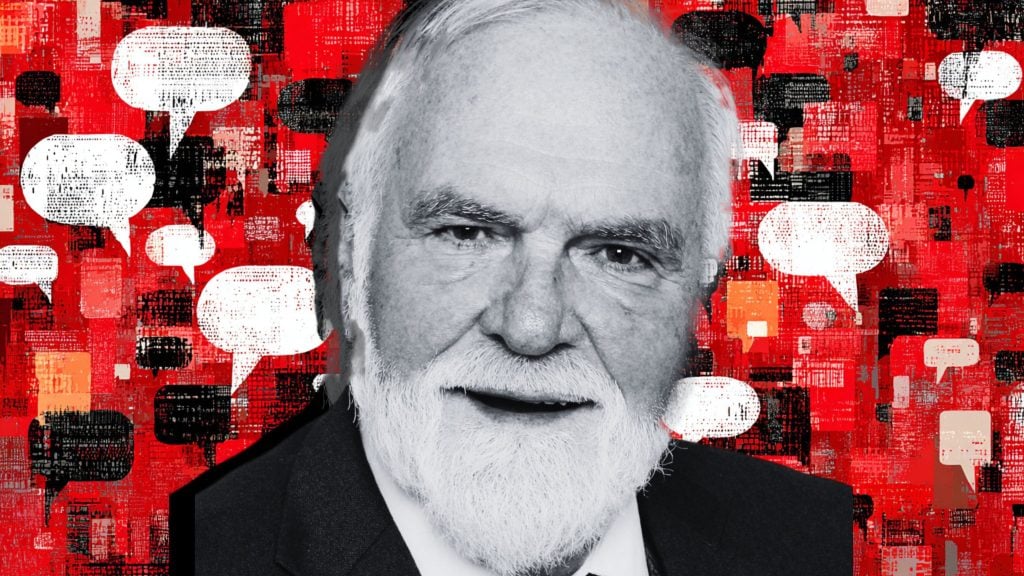
The man who called gender ideology education “child abuse” now owes $750,000 for saying so; not in a courtroom, but in a quasi-judicial hearing where no jury decided and no criminal standard applied.

Google is turning sideloading from a right into a permission slip, and the open-source community has until September to convince it otherwise.

The screen Apple called an “error” revealed exactly how the company plans to use your credit history, account age, and payment data to decide what you’re allowed to download.

The SPD is selling this as child protection, but the architecture they’re building looks a lot more like a checkpoint than a parental control.

The man who outlasted a French arrest now faces a Russian prison threat from the country he left behind two decades ago.
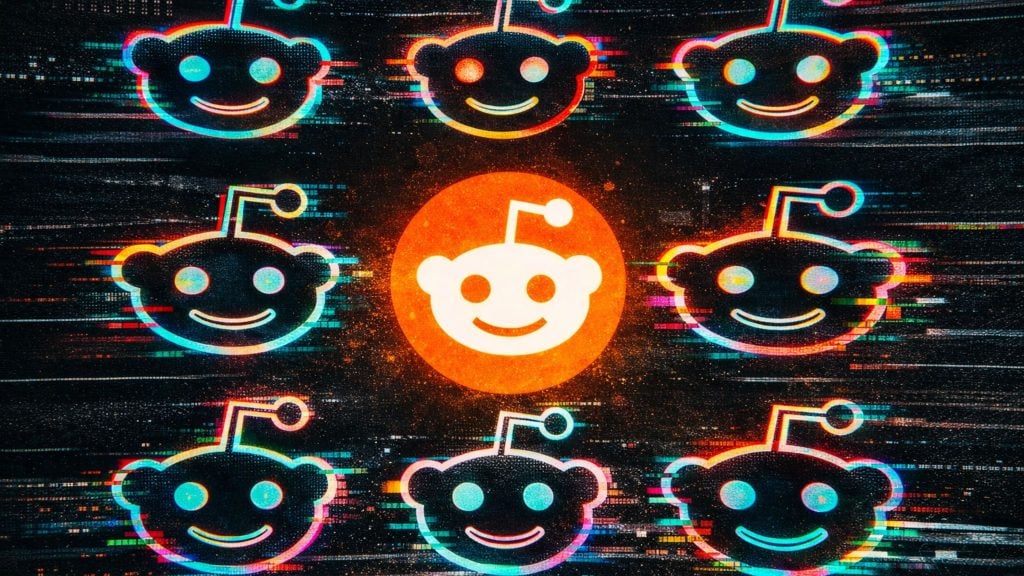
Reddit’s fix for protecting children’s data requires adults to hand their face and government ID to a third-party system that runs 269 verification checks per person.
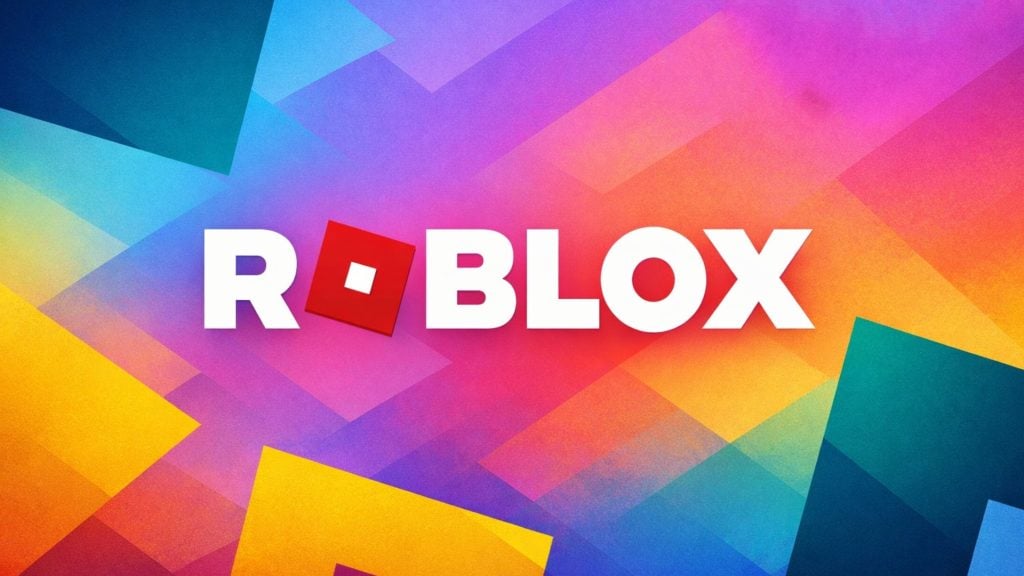
The false advertising angle is LA County’s way around the First Amendment maze; not “did Roblox harm children?” but “did Roblox lie about it?” – a question courts are far more comfortable answering.
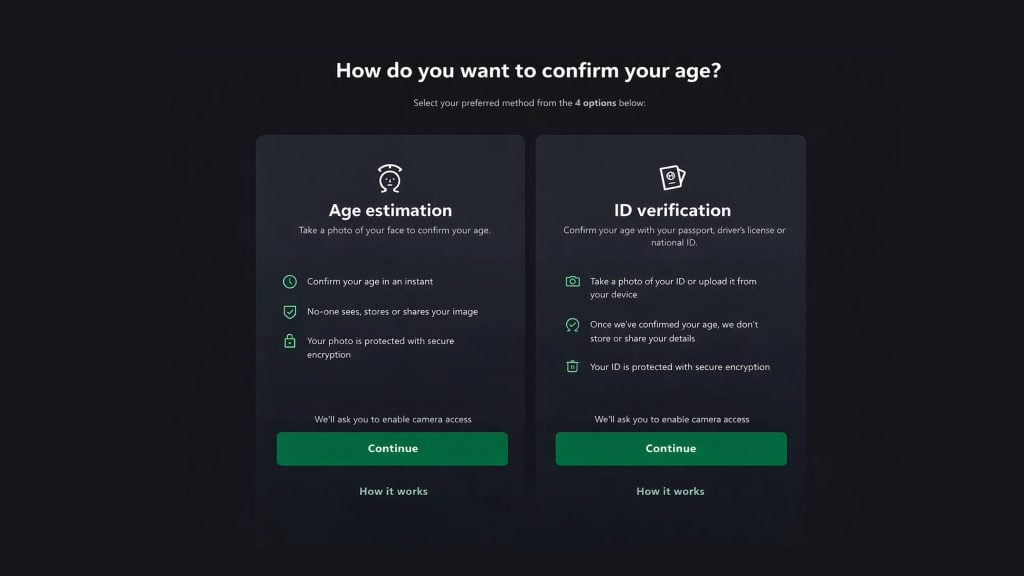
The UK’s age verification mandate arrived as promised, and Xbox delivered it by ejecting players mid-session, stripping away chat, and treating 18-year account holders like suspicious strangers.
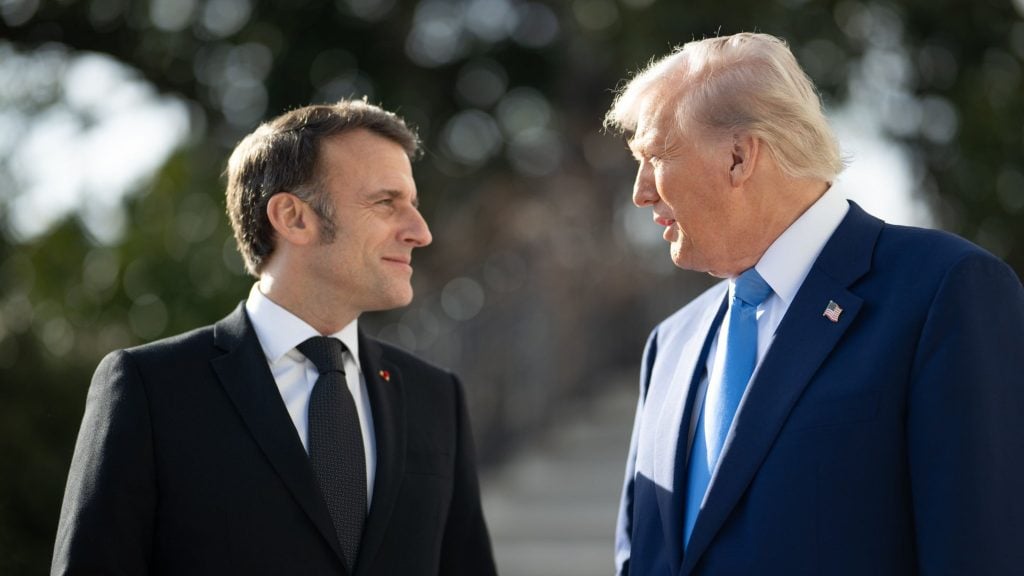
Macron is asking Washington to welcome back the architect of the law that got X fined.

Colorado’s OS-level age verification bill sidesteps the failures that killed its predecessors by making Apple and Google do the heavy lifting and outsourcing the problem to a more powerful set of defendants.
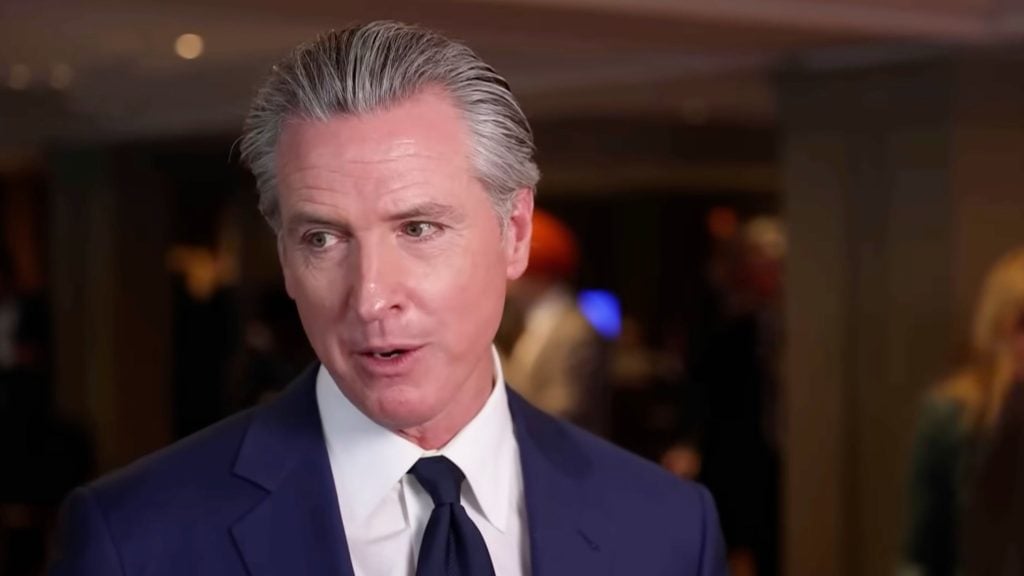
The governor who couldn’t bring himself to say “put the phones down” at his own daughter’s party is now asking the state to say it for every family in California.
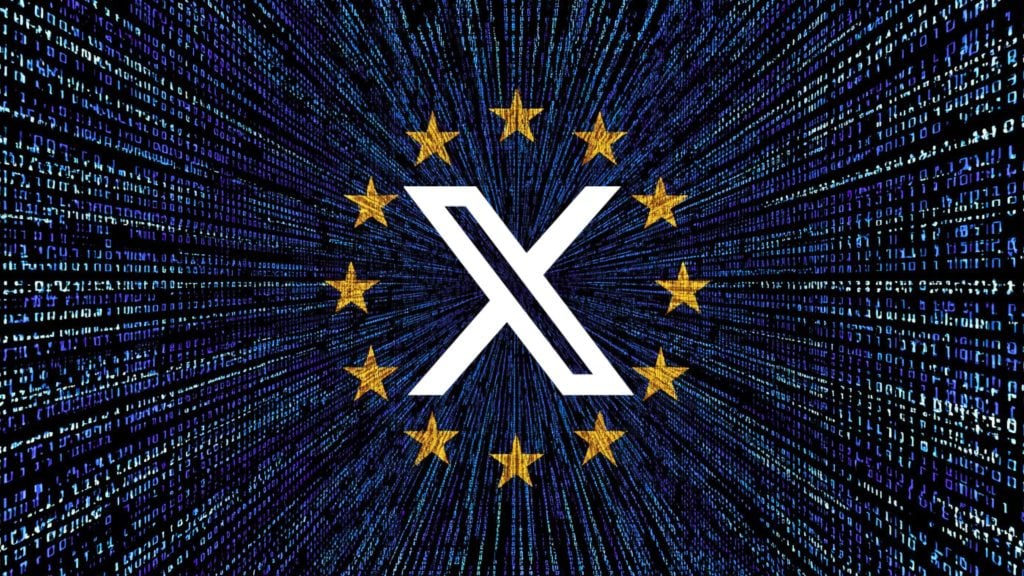
No outside arbiter, no independent review, no appeal before the fine lands; just the Commission, its definitions, and a $140 million bill. X is pushing back.
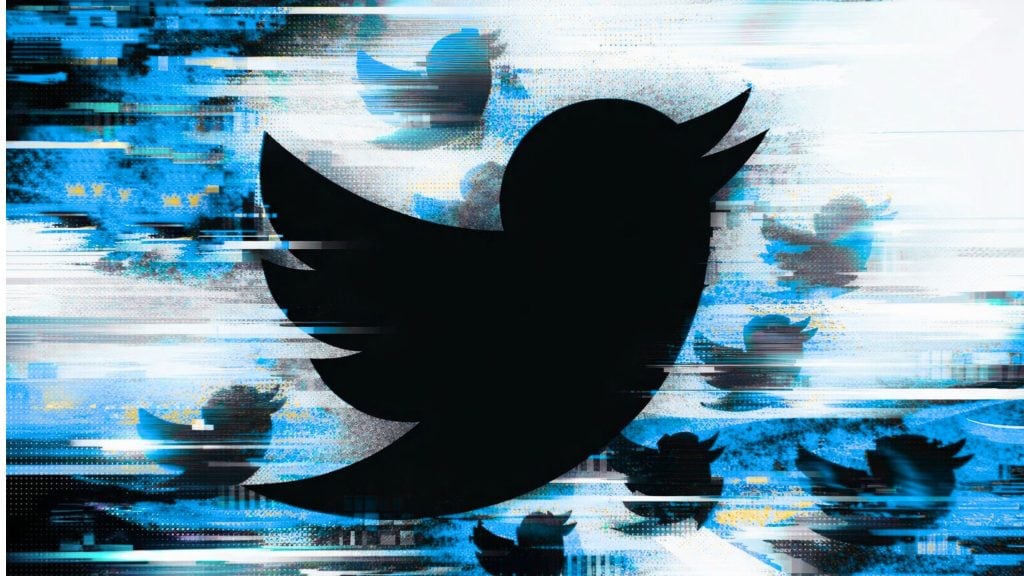
A federal judge just ruled that the public can’t know exactly how much the FBI paid Twitter during the years it was also telling Twitter which Americans to censor.
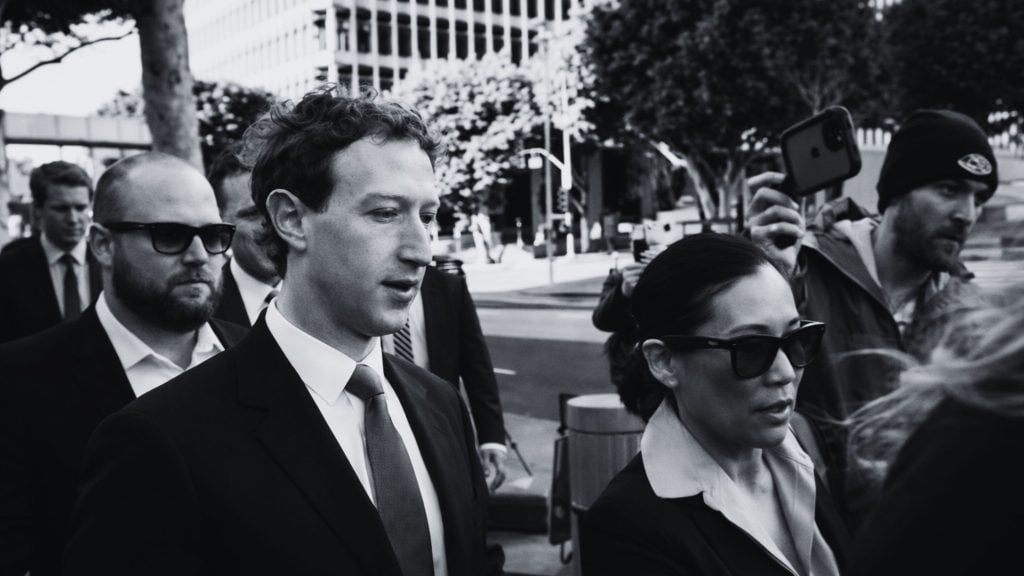
Zuckerberg spent five hours defending Instagram’s design choices, and walked out having handed legislators and regulators their preferred blueprint for a national digital ID system.
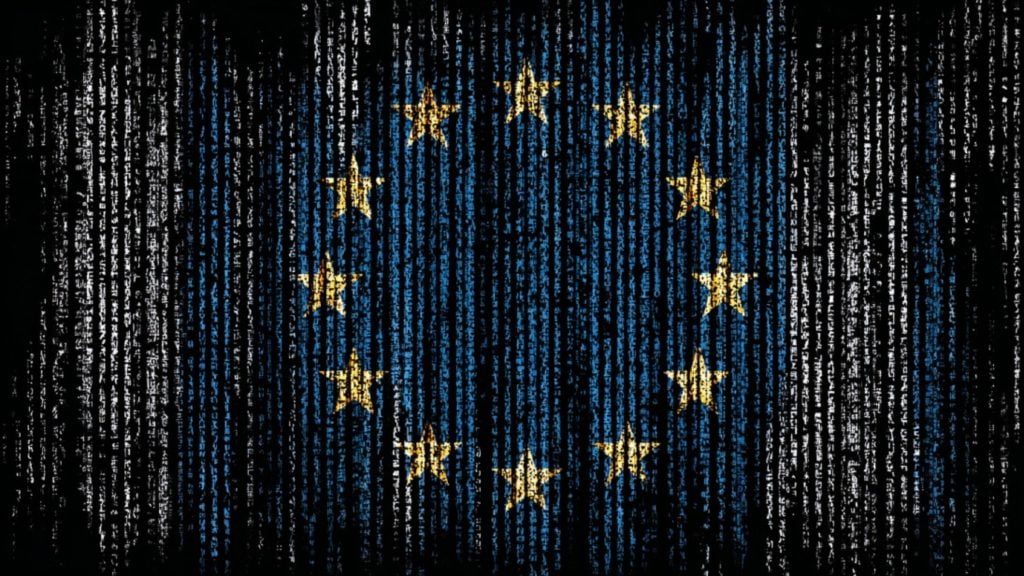
Brussels is pursuing Chat Control to surveil private communications while its own enforcers retreat deeper into encrypted, self-destructing ones.
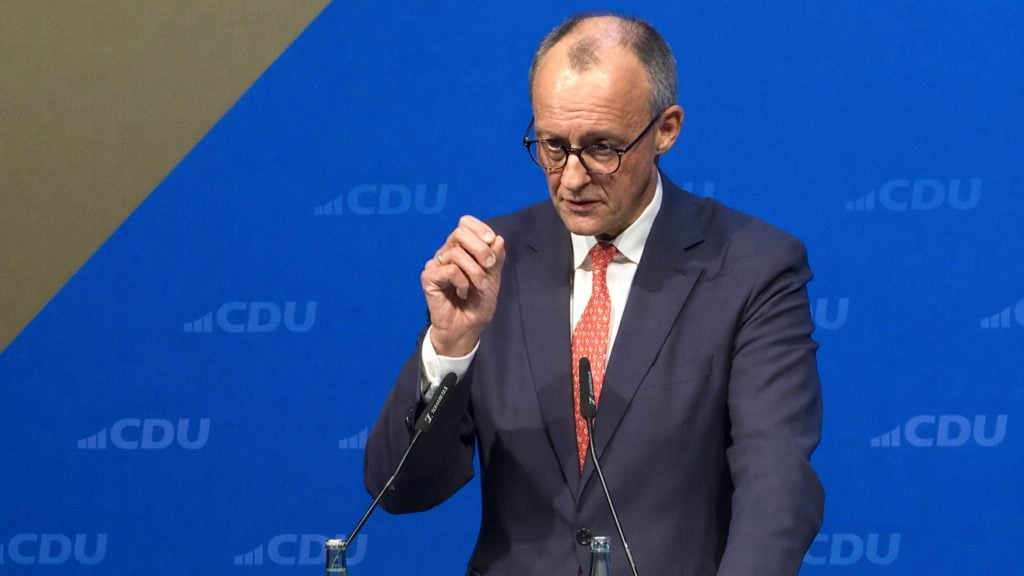
Germany already has laws that let politicians prosecute citizens for insulting them online and Merz just wants to remove the last step between a critical post and a knock on the door.
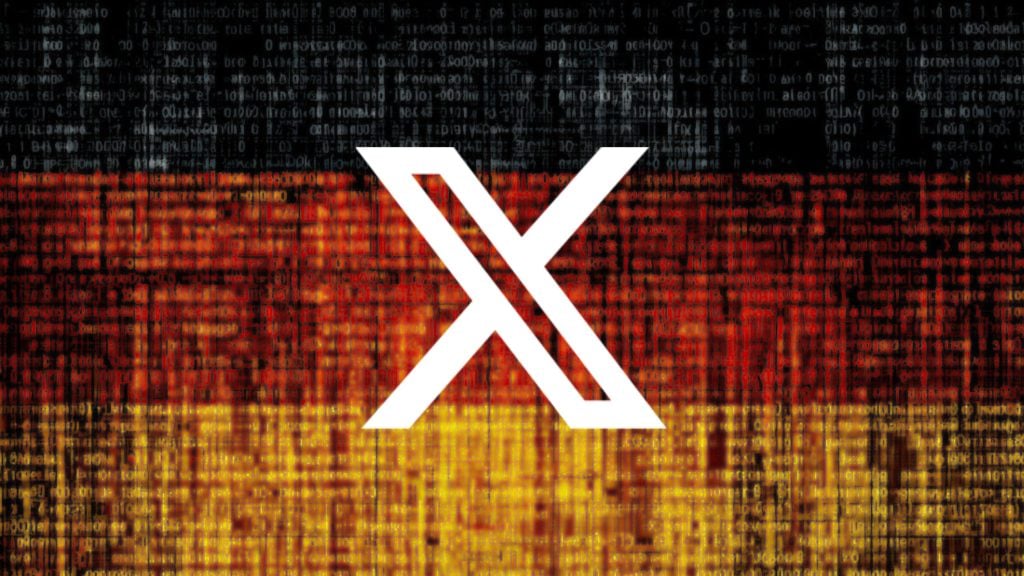
The court gave researchers what they asked for, but the same institution that fined X for refusing is also the largest funder of the group that sued to make it comply.
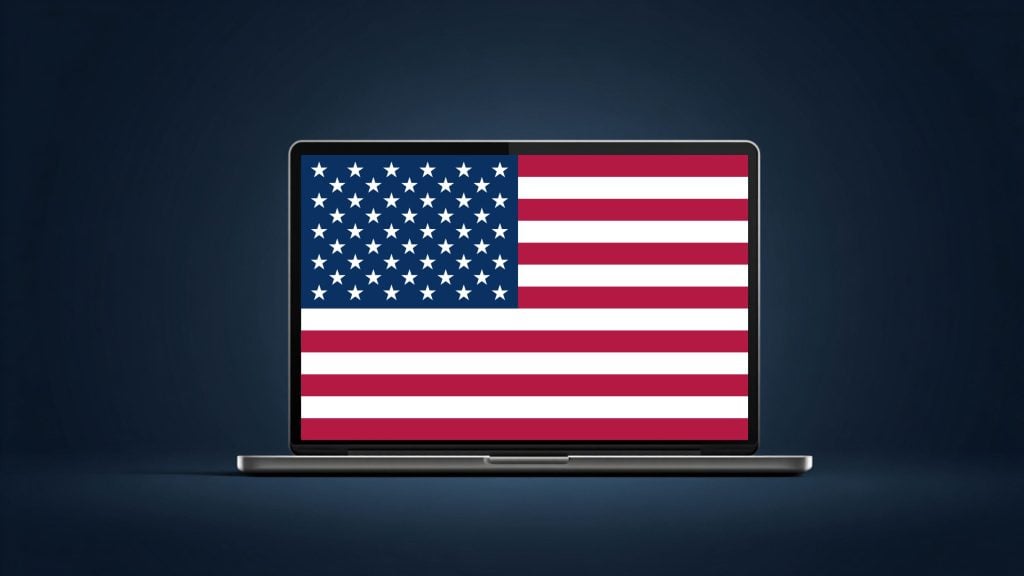
The portal is Washington’s opening move in a direct confrontation with European governments over who gets to decide what their citizens can read.
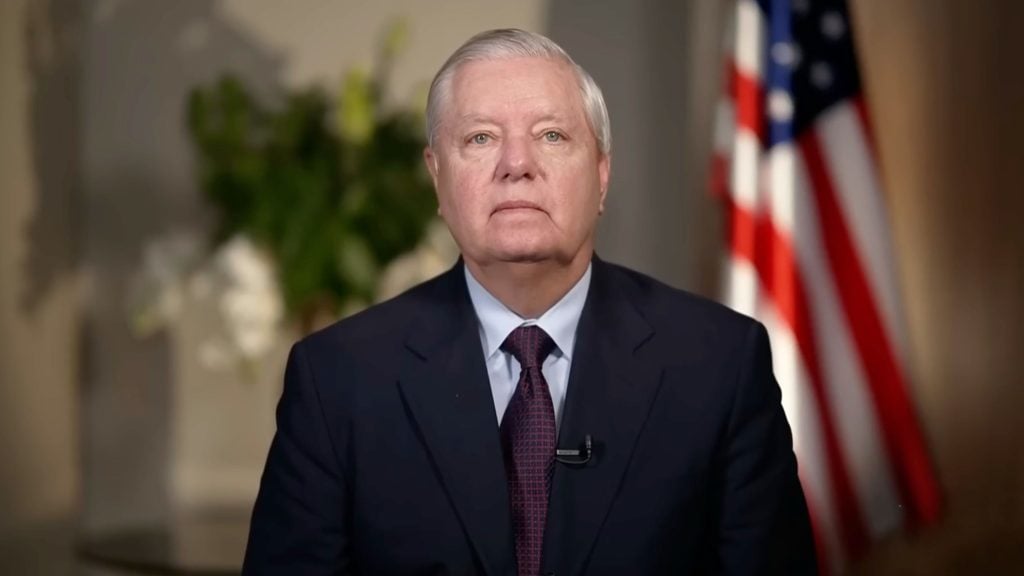
Their voting records read like blueprints for the same surveillance state they’re asking taxpayers to help Iranians escape.

The same blocking system that once took down Amazon, GitHub, and Cloudflare is now targeting the tools Spaniards used to get back online.

The pro-censorship French president is now the most eloquent voice in the West for the idea that free speech, unregulated, is a problem to be solved.
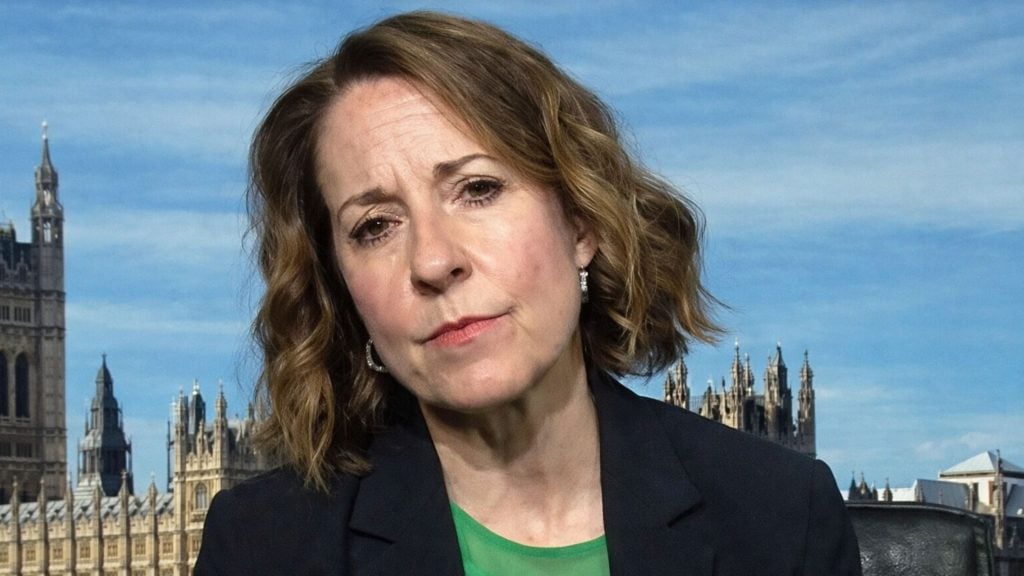
Delegated powers mean the specific rules (what gets scanned, what gets flagged) get written by a minister, not Parliament.

Simons was accused of running a thinktank dedicated to fighting “disinformation,” then used a government intelligence body to spread it.

The launch puts a swipeable, short-form feed on every major platform just as TikTok’s year of turbulence has left creators actively looking for somewhere else to go.

The man who called gender ideology education “child abuse” now owes $750,000 for saying so; not in a courtroom, but in a quasi-judicial hearing where no jury decided and no criminal standard applied.

Google is turning sideloading from a right into a permission slip, and the open-source community has until September to convince it otherwise.

The screen Apple called an “error” revealed exactly how the company plans to use your credit history, account age, and payment data to decide what you’re allowed to download.

The SPD is selling this as child protection, but the architecture they’re building looks a lot more like a checkpoint than a parental control.

The man who outlasted a French arrest now faces a Russian prison threat from the country he left behind two decades ago.

Reddit’s fix for protecting children’s data requires adults to hand their face and government ID to a third-party system that runs 269 verification checks per person.

The false advertising angle is LA County’s way around the First Amendment maze; not “did Roblox harm children?” but “did Roblox lie about it?” – a question courts are far more comfortable answering.

The UK’s age verification mandate arrived as promised, and Xbox delivered it by ejecting players mid-session, stripping away chat, and treating 18-year account holders like suspicious strangers.

Macron is asking Washington to welcome back the architect of the law that got X fined.

Colorado’s OS-level age verification bill sidesteps the failures that killed its predecessors by making Apple and Google do the heavy lifting and outsourcing the problem to a more powerful set of defendants.

The governor who couldn’t bring himself to say “put the phones down” at his own daughter’s party is now asking the state to say it for every family in California.

No outside arbiter, no independent review, no appeal before the fine lands; just the Commission, its definitions, and a $140 million bill. X is pushing back.

A federal judge just ruled that the public can’t know exactly how much the FBI paid Twitter during the years it was also telling Twitter which Americans to censor.

Zuckerberg spent five hours defending Instagram’s design choices, and walked out having handed legislators and regulators their preferred blueprint for a national digital ID system.

Brussels is pursuing Chat Control to surveil private communications while its own enforcers retreat deeper into encrypted, self-destructing ones.

Germany already has laws that let politicians prosecute citizens for insulting them online and Merz just wants to remove the last step between a critical post and a knock on the door.

The court gave researchers what they asked for, but the same institution that fined X for refusing is also the largest funder of the group that sued to make it comply.

The portal is Washington’s opening move in a direct confrontation with European governments over who gets to decide what their citizens can read.

Their voting records read like blueprints for the same surveillance state they’re asking taxpayers to help Iranians escape.

The same blocking system that once took down Amazon, GitHub, and Cloudflare is now targeting the tools Spaniards used to get back online.

The pro-censorship French president is now the most eloquent voice in the West for the idea that free speech, unregulated, is a problem to be solved.

Delegated powers mean the specific rules (what gets scanned, what gets flagged) get written by a minister, not Parliament.